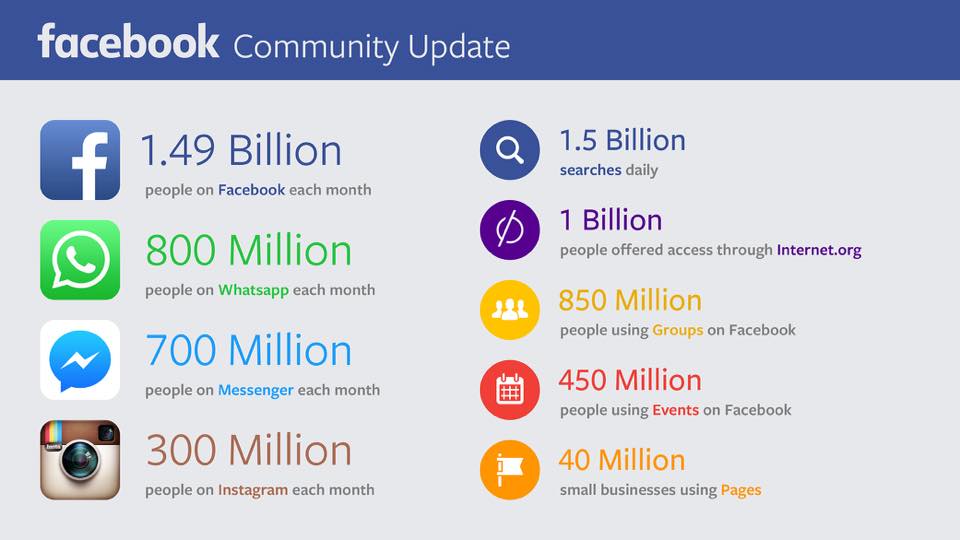Planning Your Social Media Strategy

A solid Social Media strategy has become a key component for any successful digital marketing campaign. With Social Media sites steadily gaining popularity, major search engines like Google, Yahoo & Bing have no choice but to take them into consideration when displaying relevant search results.
Posts on Instagram and Facebook or even tweets on Twitter don’t necessarily rank well in search results but Social Media brand pages and profile pages definitely do.
How should you decide which Social Media sites to focus on for your business? We will walk you through some steps to help determine which sites will make the biggest impact on your Social Media strategy.
What Social Media strategy compliments your business
A good starting point when planning your Social Media strategy is deciding on whether or not a particular social medium is one that you actually want your business to be found on. Essentially, does the Social Media site fit the image you are trying to convey for your business or brand, does it reach the audience you’re trying to target.
Sites such as Twitter and Facebook provide a number of easily accessible ways to market your brand and business to your followers but other Social Media sites can be more of a challenge to generate similar results.
It’s important to consider how the Social Media site is perceived by your intended audience and to make sure it’s in line with the image you would like to convey for your business or brand.
What Social Media sites do your target audience use
It’s important to know which Social Media sites your target audience use, as different people are more active on specific Social Media sites. Developing an understanding of your target audience’s Social Media habits will require some due diligence but your extra efforts will definitely pay off.
If you have a primarily young audience you will typically achieve the best results focusing on Social Media sites like Instagram, Vine, Snapchat and Tumblr. However if your business mainly provides services to other businesses then you will want to establish a strong presence on Linkedin.
Social Media every business should use
Currently there is one social medium that shouldn’t be ignored regardless of the type of business you operate, Facebook. Why? Let’s take a look at some numbers.
Every month, Facebook has approximately 1.5 billion active users. 1.5 billion users translates to roughly 20% of the world’s population using Facebook every month. This incredible amount of traffic means that no matter what your target audience is, they are going to be active in some form on Facebook.

Every business should have their own Facebook page and whenever you create a new blog post or new content it should be shared on Facebook. This allows all of your Facebook Page’s followers to see what you’re sharing in their timeline.
If your website is built on WordPress you can easily set it up to automate the process of sharing new content for you. Your followers will be able to share, like or comment on your new posts increasing the overall exposure to your content.
In summary, it’s easy for a business to waste resources on their Social Media strategy by not taking the time to plan their strategy properly and by focusing on the wrong goals. When planning your Social Media strategy ask yourself what target audience are you trying to reach, what Social Media site’s are inline with the image your business would like to convey and which Social Media sites can you reach your target audience on.


